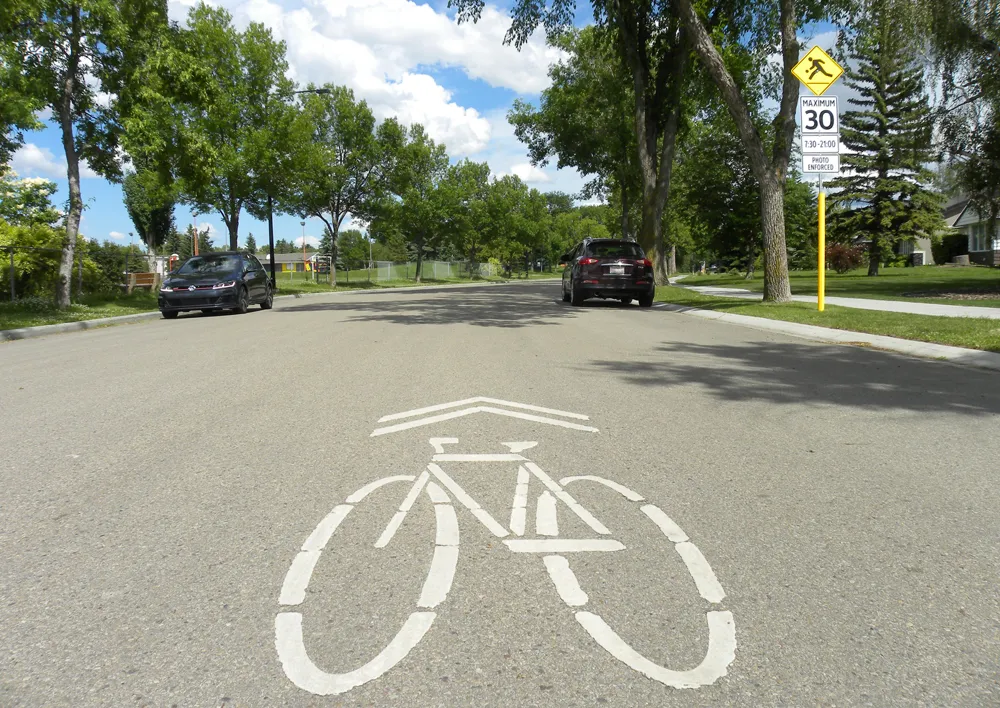China’s capital Beijing is increasing the restrictions on vehicle use in the city. Beijing is banning electric two wheelers from key routes in the city in a bid to boost safety and cut crashes. These electric two wheelers will be banned from 10 key routes, with rule breakers facing fines and vehicle seizures should they attempt to avoid paying.
The measures are being introduced to busy routes such as the extended Chang'an Avenue, one of Beijing’s main thoroughfares. They also include several roads around
April 5, 2016
Read time: 2 mins
China’s capital Beijing is increasing the restrictions on vehicle use in the city. Beijing is banning electric two wheelers from key routes in the city in a bid to boost safety and cut crashes. These electric two wheelers will be banned from 10 key routes, with rule breakers facing fines and vehicle seizures should they attempt to avoid paying.
The measures are being introduced to busy routes such as the extended Chang'an Avenue, one of Beijing’s main thoroughfares. They also include several roads around Tiananmen Square in the centre of the city. The Beijing Traffic Management Bureau is imposing the ban on these 10 roads as they carry heavy traffic volumes and have high crash rates, while not having dedicated bicycle lanes.
Official data shows that there are around four million electric two-wheelers in Beijing and many of these are more like scooters than electric bikes. Frequent visitors to the city will know that riding ability is at best variable and that it is common to see riders run red lights, on the wrong side of the road or using motor vehicle lanes.
Last year, electric two-wheel vehicles were involved in 31,404 crashes, accounting for 113 fatalities and 21,423 injuries. Users of electric two wheelers accounted for 36.7% of all road crash injuries in Bejing during 2015.
The measures are being introduced to busy routes such as the extended Chang'an Avenue, one of Beijing’s main thoroughfares. They also include several roads around Tiananmen Square in the centre of the city. The Beijing Traffic Management Bureau is imposing the ban on these 10 roads as they carry heavy traffic volumes and have high crash rates, while not having dedicated bicycle lanes.
Official data shows that there are around four million electric two-wheelers in Beijing and many of these are more like scooters than electric bikes. Frequent visitors to the city will know that riding ability is at best variable and that it is common to see riders run red lights, on the wrong side of the road or using motor vehicle lanes.
Last year, electric two-wheel vehicles were involved in 31,404 crashes, accounting for 113 fatalities and 21,423 injuries. Users of electric two wheelers accounted for 36.7% of all road crash injuries in Bejing during 2015.








